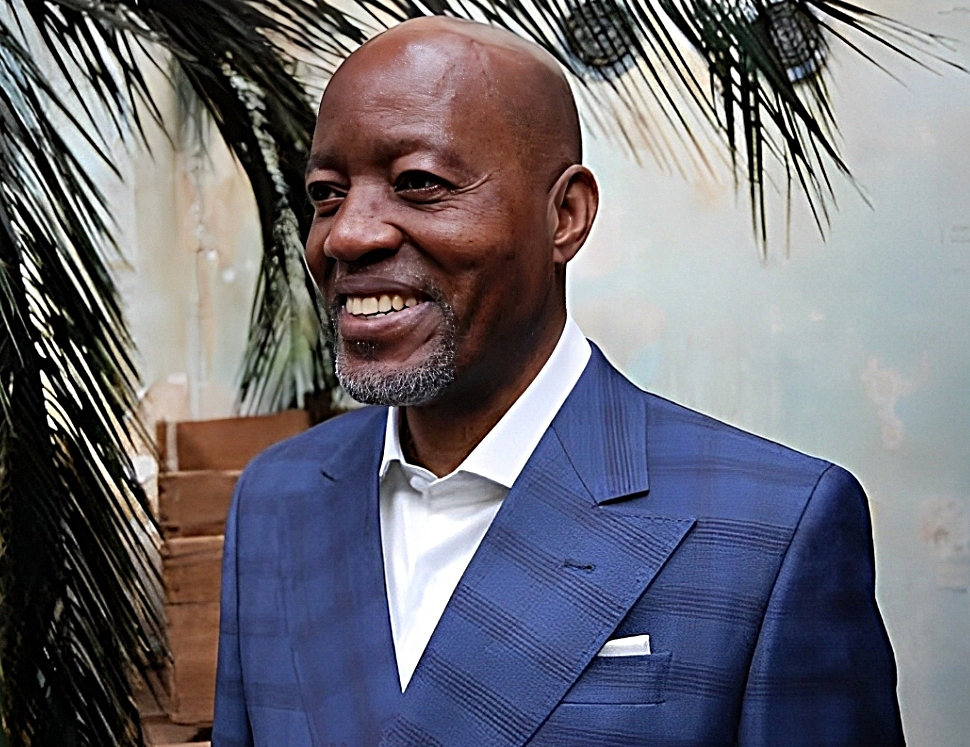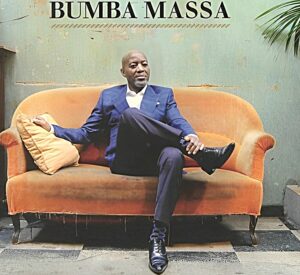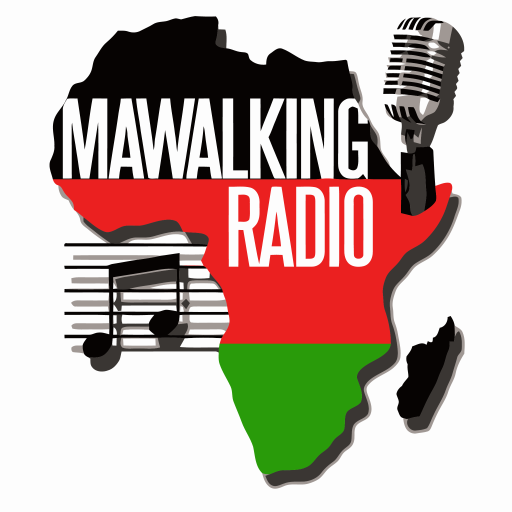
Bumba Massa: The Unsung Hero of Congolese Rumba
Bumba Massa is a name that resonates with the history of Congolese rumba. Despite being one of the most talented and prolific artists of his time, he remains an unsung hero of 1980s Congo/Zaïre music. Known for his soulful, honey-voiced singing, Massa’s career spans decades, during which he has worked with several legendary artists and groups. His contributions to the genre have been invaluable, and his work continues to inspire new generations of rumba enthusiasts.
Early Beginnings and Formation of Orchestre Cubana Jazz
Born in Kinshasa in 1945, Bumba Massa’s love for music blossomed at a young age. By 1963, he had already made a significant mark on the local music scene by co-founding Orchestre Cubana Jazz alongside Empopo Loway and Siongo Bavon Marie-Marie, the younger brother of the legendary Luambo Makiadi Franco. This band became a platform for young musicians to explore their love for Cuban and Latin rhythms, which heavily influenced the development of Congolese rumba. Cubana Jazz laid the foundation for Massa’s later contributions to African music, blending traditional sounds with international influences.
Collaborations with Johnny Bokelo and Vicky Longomba
In the mid-1960s, Bumba Massa began working with other prominent figures in the Congolese music scene. He joined Conga ’68, where he worked alongside Johnny Bokelo, one of the pioneers of Congolese guitar playing. Bokelo’s influence helped Massa refine his musical skills and further shaped his approach to music.
Later, Massa joined Lovy du Zaïre, where he collaborated with Vicky Longomba, another key figure in Congolese music and a former member of Franco’s TPOK Jazz. This period helped Massa strengthen his reputation as a highly talented vocalist. His ability to merge smooth vocals with rumba’s infectious rhythms became his trademark, earning him admiration across the Congo region.
Joining Franco’s TPOK Jazz
Massa’s career reached new heights in 1976 when he joined Franco’s TPOK Jazz, the most iconic band in Congolese music history. Franco, a towering figure in African music, was impressed by Massa’s vocal abilities and unique style. Being part of TPOK Jazz gave Massa the chance to work with some of the finest musicians in Africa, including the likes of Simaro Lutumba and Madilu System.
Although Massa’s tenure with TPOK Jazz was relatively short, his impact was significant. He contributed to the band’s distinctive sound during the golden era of Congolese rumba, further cementing his place in the music’s rich legacy.
Solo Career and Breakthrough with “Gare à Toi Mon Ami”
Bumba Massa embarked on his solo career in 1978, embarking on a tour of West Africa. This journey culminated in the release of his solo album Gare à Toi Mon Ami in 1981 in Ivory Coast. The album showcased Massa’s smooth voice and mastery of rumba, solidifying his status as a remarkable solo artist. His music during this time reflected the spirit of the 1980s, with lyrics addressing love, life, and societal issues.
Despite his talent and several outstanding releases in the following years, such as l’Argent et la Femme and Dovi, Massa struggled to break into the international market. While l’Argent et la Femme did receive limited distribution through Brooklyn’s African Record Centre, it wasn’t until two decades later that Massa would truly achieve international recognition.

The Golden Era of Congolese Music: Dovi and Paris Recording Sessions
One of Massa’s most celebrated works, the 1983 album Dovi, stands as a testament to the golden age of Congolese music. Produced by Ibrahima Sylla and recorded in Paris, the album brought together some of the best musicians of the time, including Pablo Lubadika Porthos and Syran Mbenza. The collaboration produced a sound that was smooth, effortless, and sublime—a perfect representation of the pinnacle of Congolese rumba.
Dovi remains a classic in the genre, showcasing the refined artistry of Massa and his contemporaries. The album captured the essence of the 1980s, a period often considered the last “Golden Age” of Congolese rumba, as political and social changes in the region began to alter the music scene.
Kékélé and a Late-Career Renaissance
Bumba Massa’s international breakthrough finally came in 2001 when he became part of Kékélé, a supergroup that revived the classic sounds of Congolese rumba. Their debut album, Rumba Congo (Sterns STCD 1093), introduced a new generation to the timeless beauty of Congolese music. The group’s mix of seasoned musicians— including Wuta Mayi, Syran Mbenza, and Nyboma—combined their decades of experience to create a sound that resonated with both old and new fans.
Kékélé’s success provided Massa with the platform he had long deserved. His voice, honed by years of experience, became a defining feature of the group’s sound. Through Kékélé, Bumba Massa helped keep the traditions of Congolese rumba alive while introducing it to an international audience.
Bumba Massa’s Legacy
Bumba Massa may not have received the widespread fame of some of his contemporaries, but his influence on Congolese rumba is undeniable. His career, marked by collaboration with some of the most important figures in African music, reflects his dedication to the craft. From his early days with Orchestre Cubana Jazz to his work with Franco’s TPOK Jazz and his solo ventures, Massa’s music has touched the hearts of many.
His later work with Kékélé gave him the international recognition he deserved, bringing the sounds of classic rumba to new generations of listeners. Today, Bumba Massa remains a living legend, a voice that continues to remind us of the beauty and power of Congolese rumba.



